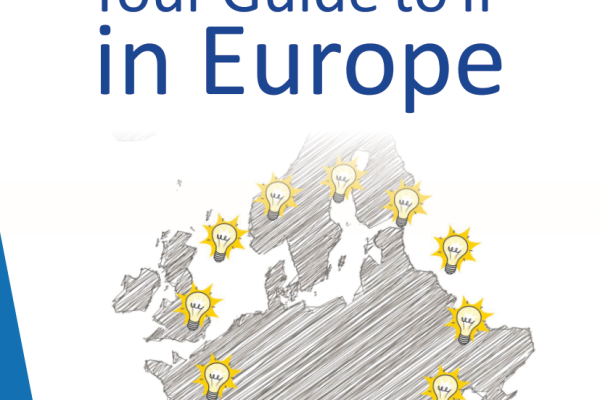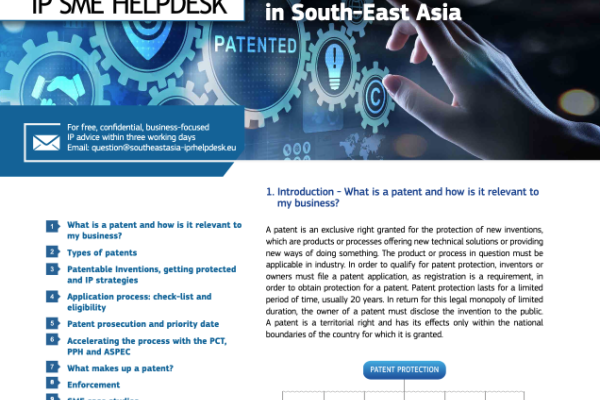Definition
A patent is a legal title that can be granted for any invention having a technical character, provided that it is new, involves an ‘inventive step’, and is susceptible to industrial application. Patentable inventions can usually be a product (e.g. an object, chemical or device) or a process (i.e. a method of making something).
Patents grant their owner the right to prevent others from making, using or selling the invention without permission. The term of protection afforded by a patent is limited in time – in most jurisdictions, patent protection lasts for 20 years. Patents are territorial titles, meaning that the exclusive rights granted are only valid and enforceable in the jurisdiction(s) where the patent has been secured.
A patent is an exclusive right granted for an invention, which is a product or a process that provides, in general, a new way of doing something, or offers a new technical solution to a problem. A patent prevents an invention from being commercially made, used, distributed or sold without the patent owner's consent. Patents shall be protected by registrations.
Yes, foreigners, individuals and companies are allowed to register innovation patents in their own name. However, those who do not have a registered address in China will necessarily need the assistance of a local patent attorney.
Innovation patent protection in China begins after the patent is granted. There is no protection during the registration process. However, since this process can take up to six years, companies normally do a parallel registration of the innovation patent and utility model of the invention.
Utility models are normally granted within one year, giving protection for the invention until the patent is granted. Once the innovation patent is approved, the utility model is discarded.
If you want patent protection in more than one EU Member State, it is possible to file patent applications directly in each of the national patent offices of the countries where you seek protection. Another option that you have is to use the European Patent Convention (EPC), which allows you to register patents in more than one European country through a single application. In this way, even though you file only one patent application, you will be granted as many patents (usually called European patents) as the number of countries you have designated. These patents are then treated as national patents in each of the designated countries. You will find information on the countries where this procedure is available here.
For further information on the procedure to file a patent under the European Patent Convention, we suggest that you consult the following links:
(i) Guide for Applicants, prepared by the EPO
(ii) Information on how to apply for a European Patent, also prepared by the EPO
Please note that filing a patent application is highly technical and has important implications in terms of cost and time.
Therefore, we encourage you to seek legal advice before taking the decision to submit any patent application.
The Unitary Patent is a single European patent with unitary effect in the 25 EU Member States which have engaged in an enhanced cooperation to this effect. The Unitary Patent is granted by the EPO under the rules and procedures of the European Patent Convention. In order to obtain a unitary effect, patent holders need to request the unitary effect at the European Patent Office (EPO) within one month of the date of publication of the patent grant in the European Patent Bulletin.
The Unitary patent may be requested from the date of entry into force of the Agreement on a Unified Patent Court. This Agreement was signed by 25 EU Member States and will need to be ratified by at least 13 Member States, including France, Germany and Italy, in order to enter into force.
The start of the new system is currently expected for the beginning of 2022.
The grace period is a period of time before the filing date of a patent/ utility model/ design application during which public disclosure of an invention (under certain conditions) is allowed without affecting the validity of a subsequent patent/ utility model/ design application, provided that a complete application is filed within 6 or 12 months of the disclosure.
The Patent Cooperation Treaty (PCT) is an international patent filing system that allows the PCT to file patents in each of the 148 Member States. Some of the advantages are that it reduces costs and simplifies the application process, while the end part of the registration process should be managed country-by-country.
IP Helpdesk publications on patents
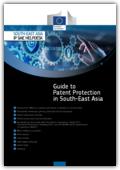
Explore our comprehensive 'Guide to patent protection in South-East Asia': covering patent basics, registration processes, and enforcement mechanisms across South-East Asia, it’s the key to safeguarding your inventions effectively in the region.

Infographic (1 page)
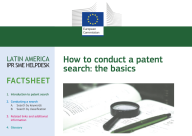
How to conduct a patent search : the basics

Patents in Latin America in a nutshell
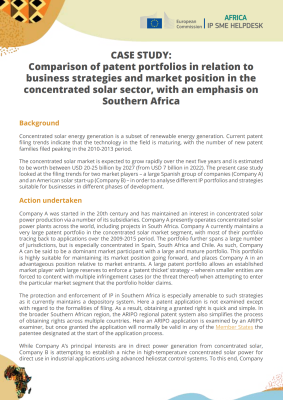
CASE STUDY:
Comparison of patent portfolios in relation to
business strategies and market position in the
concentrated solar sector, with an emphasis on
Southern Africa
Renewable energy systems like wind power plants are heavily reliant on sensors for their smooth autonomous operation.
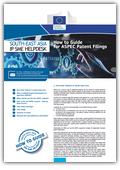
Unlock the potential of accelerating patent registration in South-East Asia with our guide 'How to guide for ASPEC patent filings'. Follow step-by-step guidance for the effective use of the regional programme, ensuring comprehensive coverage and safeguarding your inventions across borders.
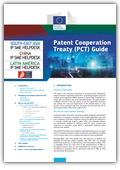
Explore our comprehensive guide to 'Patent Cooperation Treaty (PCT)' which provides an overview of the two phases of the PCT application procedure and outlines the costs and requirements of the national phase in South-East Asia, China, India and Latin America.


